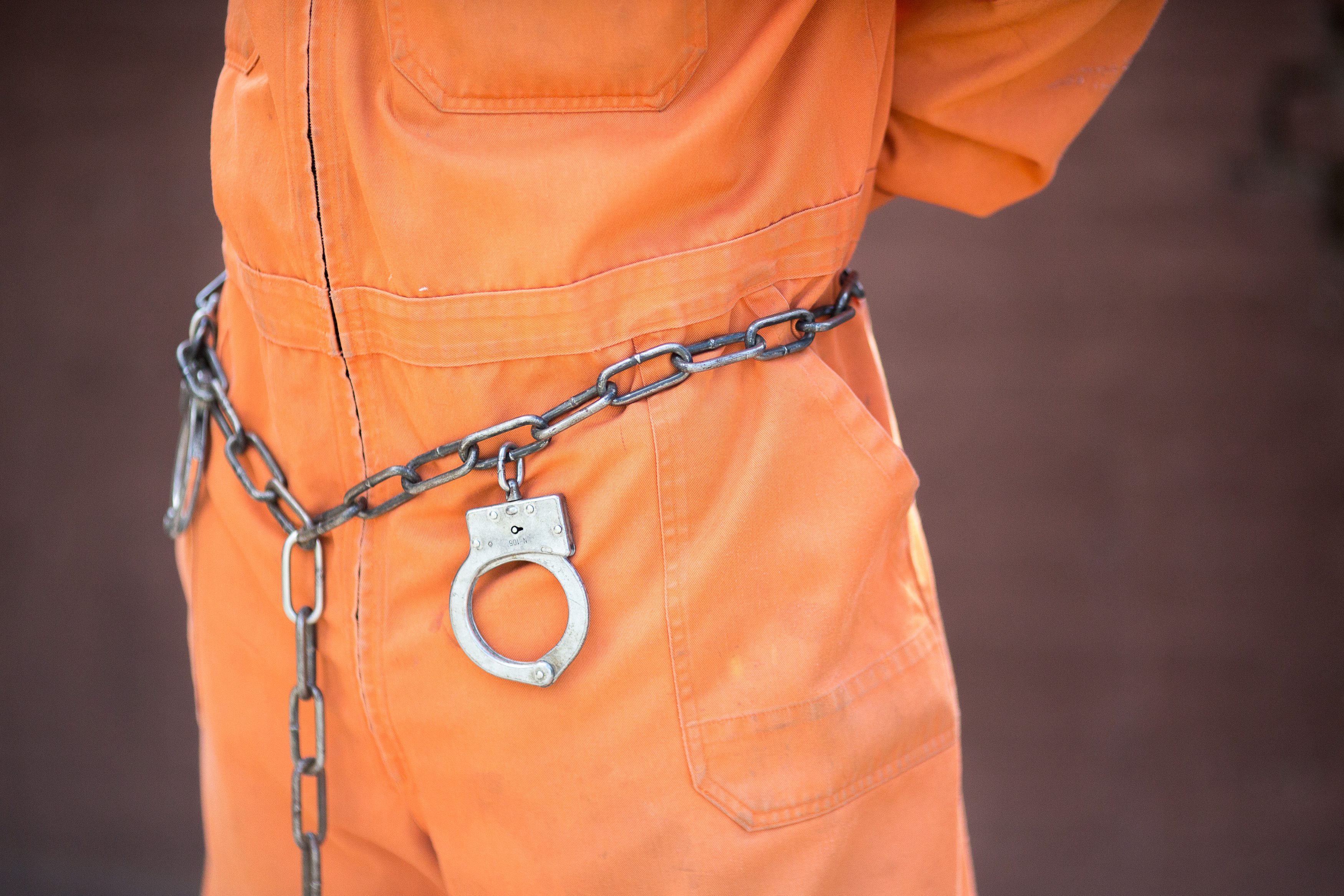By Karyn Bigelow
When I was 7 years old, my father went to prison. He was sentenced to more than 20 years. Like many children with an incarcerated parent, I experienced feelings of shame, depression, and withdrawal. In my case, this lasted until I was a young adult and went to college.
Having a father in prison felt like I was being punished for something beyond my control. The concept of “indirect sentencing” has resonated with me and with others I’ve met who have an incarcerated family member. There is an understanding that Incarcerating one person has emotional and economic impacts beyond that person. Families face a number of problems as their relative goes from arrest, to conviction and sentencing, to incarceration.
My father’s absence caused a financial strain. My mother had to raise me as a single parent, leaving both of us more susceptible to living in poverty. We were fortunate to have a certain level of stability because of strong support on my mother’s side of the family, but not all children with an incarcerated parent are as fortunate. The rising rate of incarceration of women has made the problem worse. With one or especially both parents in prison, many children fall deeper into hunger and poverty.
In the United States, one in 28 children have at least one parent incarcerated —approximately 2.7 million children at any given time. An estimated 10 million children have experienced parental incarceration at some point in their lives. Many are quite young—about half of all children with an incarcerated parent or parents are under the age of 10. The likelihood of confronting parental incarceration is very closely tied to race. Broken down by race, the statistics show that one in nine African American children (11.4 percent), one in 28 Latino/a children (3.5 percent), and one in 57 white children (1.8 percent) have an incarcerated parent.
Bread’s fact sheet Hunger and Mass Incarceration reports that more than two-thirds of all incarcerated men had been employed at the time they were sentenced to prison, and more than half had been their children’s primary source of financial support. A study by the Pew Charitable Trust found that family incomes were on average 22 percent lower in the years the father was incarcerated than during the year preceding his being sent to prison, and they remained 15 percent lower the year following his release. Many household budgets were further strained by expenses associated with incarceration, such as collect phone calls, day trips to visit their relative, and prison commissary costs—in addition to lawyers’ fees and court fees.
Many incarcerated people work, but most are paid very little, between 23 cents an hour and $1.15 an hour. They struggle to afford their own basic necessities, such as soap and toothpaste, which are sold at prices that may be twice those of n neighborhood stores. They may also be required to make restitution payments. Thus, parents in prison are able to send very little money, if any at all, home to help support their children.
All these factors help explain why children with an incarcerated parent are more susceptible to living with hunger and poverty. The United States does not have many nonprofit or government-funded programs targeted specifically to families who have lost a wage earner to incarceration. Some may qualify for federal nutrition programs such as SNAP or other types of social protection. But overall, the assistance available is simply not enough to respond in a meaningful way to the needs of the several million children who are living with indirect sentencing.
Karyn Bigelow is a research analyst with Bread for the World Institute.



